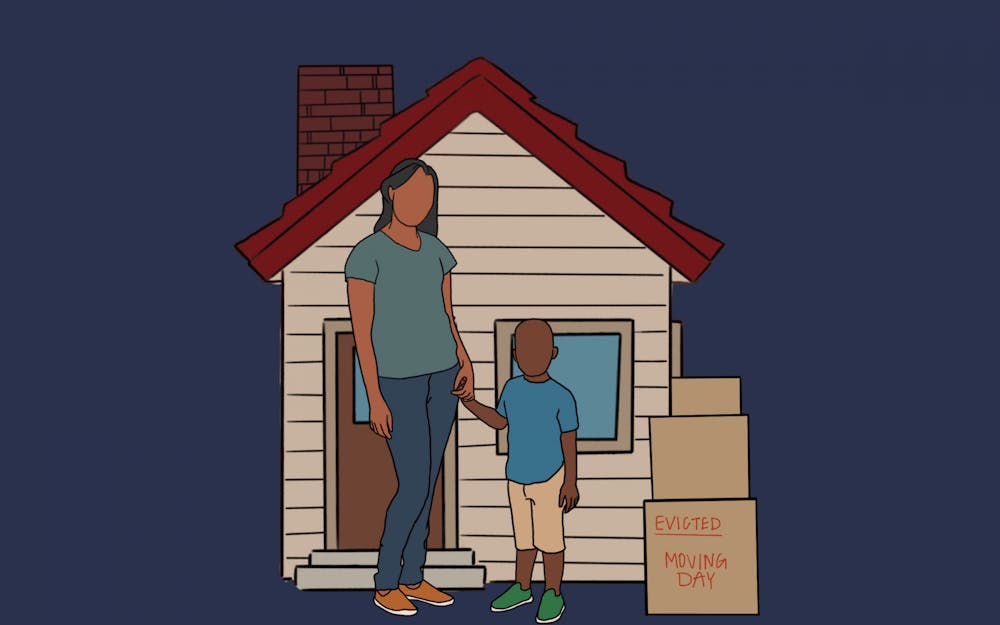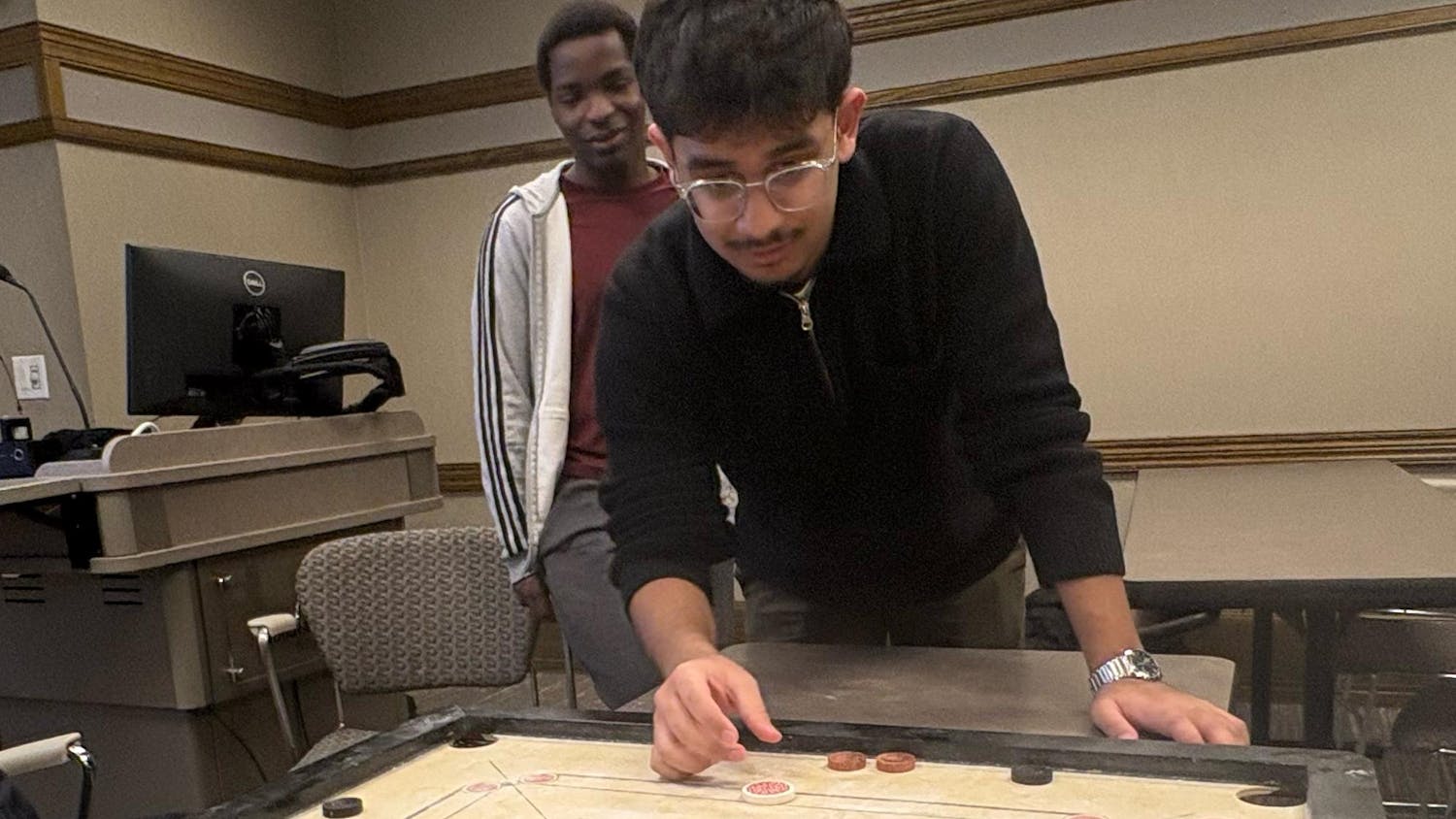Eviction notices are affecting Black women more than anyone. This disparity has been exacerbated by the pandemic and financial burdens.
COVID-19 has brought on its fair share of challenges when it comes to financial support. School closings are complicating access to food and daycare for low-income families. Millions of people lost their jobs and were still expected to keep a roof over their heads.
The Centers for Disease Control and Prevention (CDC) was responsible for halting residential evictions during the first two years of the pandemic, an obvious loophole being that landlords could evict a resident if they intended to sell the property. The CDC established this moratorium as a way to defend the marginalized. It is no longer in place.
Indiana law says landlords must provide the resident with a 10-day warning before a court filing is permitted. No warning is needed in the cases of damage to the property or expired leases. This is lenient compared to the low standard set by the rest of the country. Most other states have a waiting period of three to seven days.
A court proceeding follows after the required amount of days. A USA Today investigation into King County, Washington, revealed why this is a problem.
“Many tenants who receive eviction notices abandon their homes without challenging the eviction, often because they don’t know how to do so,” according to the article. “When they don't respond or show up to court, this leads to what is called a default judgment in favor of the landlord, meaning tenants have days to vacate the property. Of the King County filings reviewed by USA TODAY, 44% resulted in a default judgment.”
King County has the highest eviction rate among women. USA Today found that Black women account for 16% of evictions but only 5% of the renter population. A study by Sociological Science said evictions are filed against Black women at twice the rate of white women. They are targeted more than any other demographic.
Monroe County, Indiana is nowhere near as severe, but it is still disproportionate. As of March 6, eviction filings are up 7% from average, with nearly 681 just last week. Black people make up 5.3% of eviction filings in our county but only 3.7% of the total population.
“It’s always been the case that evictions turn families’ lives upside down and make it even harder for families to find safe, stable homes in the future,” Sen. Sherrod Brown (D-Ohio), chairman of the U.S. Senate Committee on Banking, Housing, and Urban Affairs said in a statement to USA Today. “These devastating effects fall disproportionately on Black and Brown women and children.”
Lawmakers seem to be turning a blind eye at a time when many find themselves needing government aid to get by. Being made homeless can cause a cycle of low-income living. Robbing Black women of a place to live and leaving them to fend for themselves on the street increases the chances of violence against them.
A study performed by the National Library of Medicine examines mortality rates among homeless women. They found that women living on the streets have significantly higher rates of death than if they were housed. This is due to the lack of resources made available to help them.
The dehumanization and destruction that come with eviction are not worth it in a country where nearly one in ten homes are vacant. Supporting Black women means not allowing people to die in the street and instead providing them with the resources they need to live.






